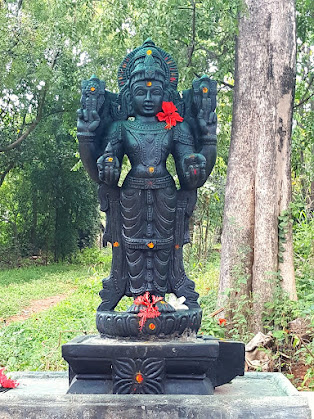Ekadashi is a significant day in the Sanatan calendar that is celebrated twice a month. It is believed that observing fast on this day can lead to spiritual growth, physical well-being, and liberation from the cycle of birth and death. In this article, we will explore the significance of Ekadashi and the rituals associated with it.
What is Ekadashi? Ekadashi is a Sanskrit word that means 'the eleventh day'. It falls on the eleventh day of both the waxing and waning phases of the moon in the Sanatan month. The two Ekadashi that is celebrated every month is known as 'Shukla Paksha' and 'Krishna Paksha' Ekadashi.
The Significance of Ekadashi: According to Sanatan Dharma, Ekadashi is considered a day of spiritual significance. It is believed that observing a fast on this day can help a person attain spiritual growth and mental purity. It is said that Lord Vishnu is pleased with those who observe fasts on Ekadashi and grants them blessings, health, and happiness.
The Rituals of Ekadashi: On the day of Ekadashi, devotees observe a strict fast and refrain from consuming grains, lentils, and certain vegetables. Instead, they consume fruits, milk, and other food items that are considered 'satvik'. Devotees also spend their day meditating, chanting mantras, and performing other religious rituals. In some parts of India, people also visit temples and offer prayers to Lord Vishnu.
The Benefits of Observing Ekadashi: Observing a fast on Ekadashi is said to have several physical and spiritual benefits. It is believed to help in detoxifying the body, improving digestion, and boosting immunity. Fasting is also believed to improve mental clarity and promote spiritual growth.
Conclusion: Ekadashi is an important day in the Sanatan calendar that is celebrated twice a month. Observing a fast on this day is believed to lead to spiritual growth, physical well-being, and liberation from the cycle of birth and death. By following the rituals associated with Ekadashi, one can attain mental purity, improve physical health, and deepen their spiritual connection with the divine.


.jpg)




